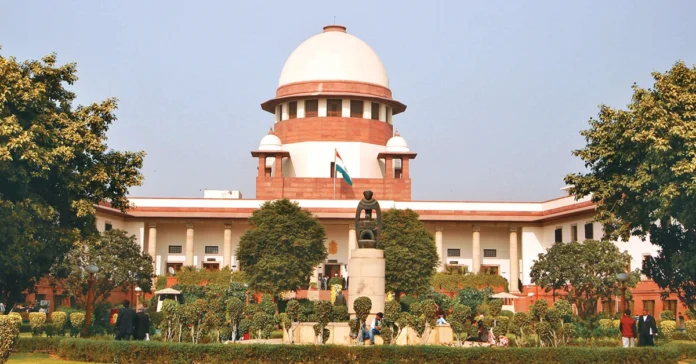The Supreme Court of India has declined to entertain a plea seeking cancellation of the much-anticipated Asia Cup match between India and Pakistan scheduled for September 14 in Dubai. The matter came before a bench of Justices J.K. Maheshwari and Vijay Bishnoi, who firmly refused to take up the case on priority and remarked that the “match must go on,” making it clear that the judiciary would not interfere with the tournament.
The public interest litigation had been filed by four law students, led by Urvashi Jain, who argued that holding the match so soon after recent national tragedies would be disrespectful to the sacrifices of soldiers and civilians. They pointed to the Pahalgam terror attack and “Operation Sindoor,” both of which resulted in heavy casualties, and submitted that allowing the game to proceed would disregard public sentiment and harm the nation’s dignity.
In addition to requesting the cancellation of the game, the petitioners also pressed for the full implementation of the National Sports Governance Act, 2025. Legal representation for the students was provided by advocates Sneha Rani, Abhishek Verma, and Md. Anas Chaudhary.
The court’s brief but firm dismissal underscores its unwillingness to intervene in matters that fall within the purview of sporting authorities. Historically, matches between India and Pakistan have often been surrounded by political tension and calls for boycotts, yet the two sides continue to face each other in tournaments organized by the International Cricket Council or the Asian Cricket Council, given that bilateral series have been suspended for years. The ruling reinforces the judiciary’s position that sporting events should not be curtailed on account of political or security concerns unless there is a compelling legal reason.
The decision also sheds light on the increasing number of petitions that attempt to draw connections between issues of national security and public sentiment on one hand, and the realm of sports and entertainment on the other. While such pleas often resonate emotionally with citizens, they raise questions about whether the judiciary should be the appropriate forum for resolving these matters. By allowing the game to proceed without interference, the Court has signaled that questions of national policy, diplomacy, and sporting decisions lie outside its jurisdiction.
With the Court’s refusal to intervene, the India–Pakistan clash in the Asia Cup will go ahead as scheduled, continuing one of the fiercest rivalries in world cricket. For millions of fans, the decision ensures that the high-voltage contest will remain a sporting spectacle rather than a casualty of political disputes.


